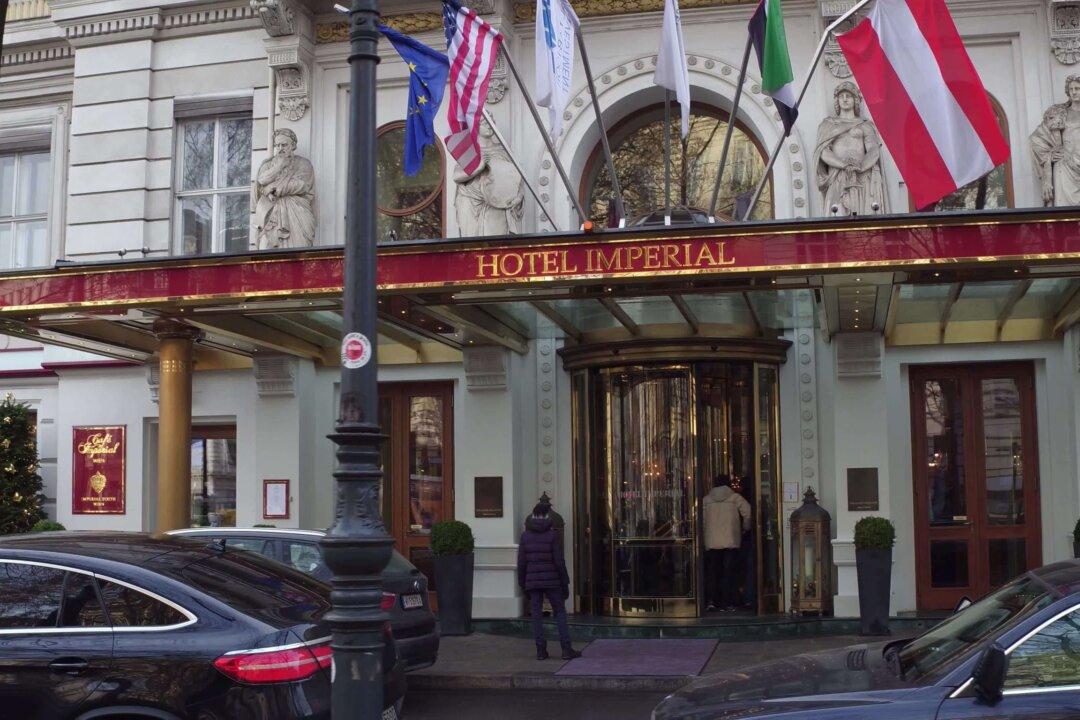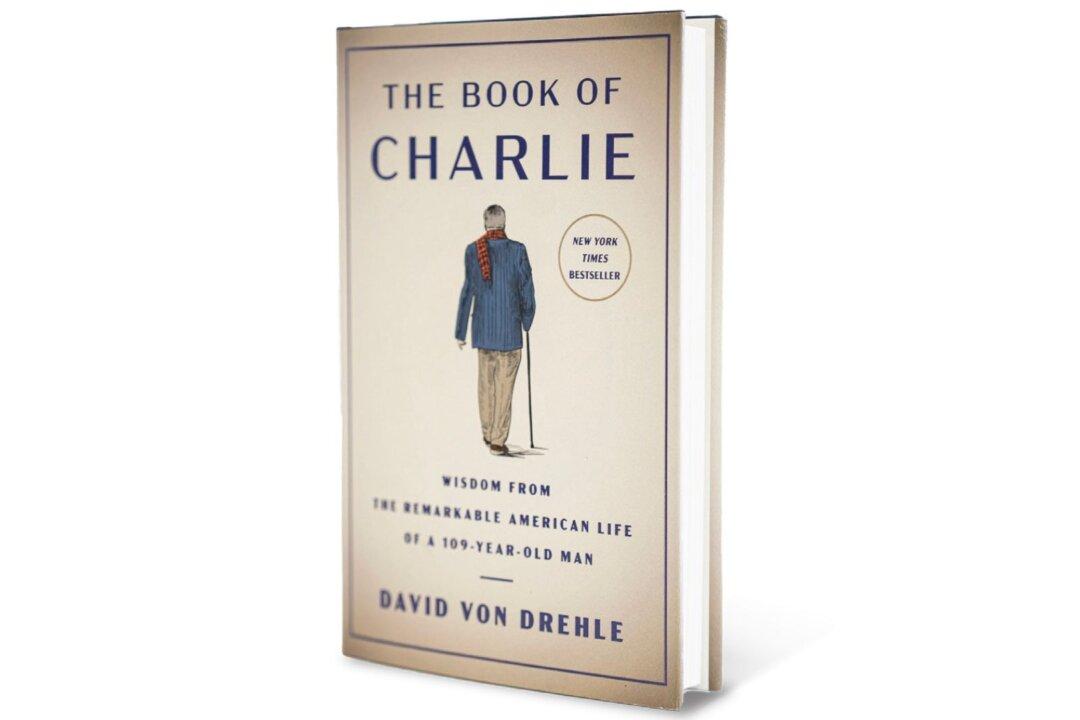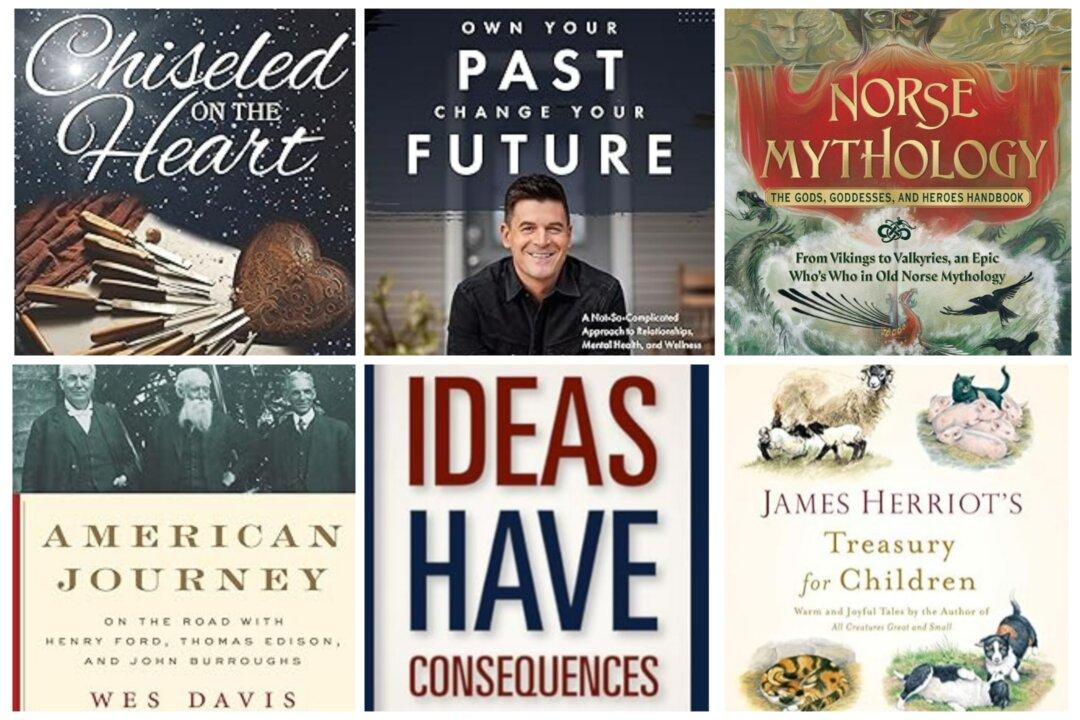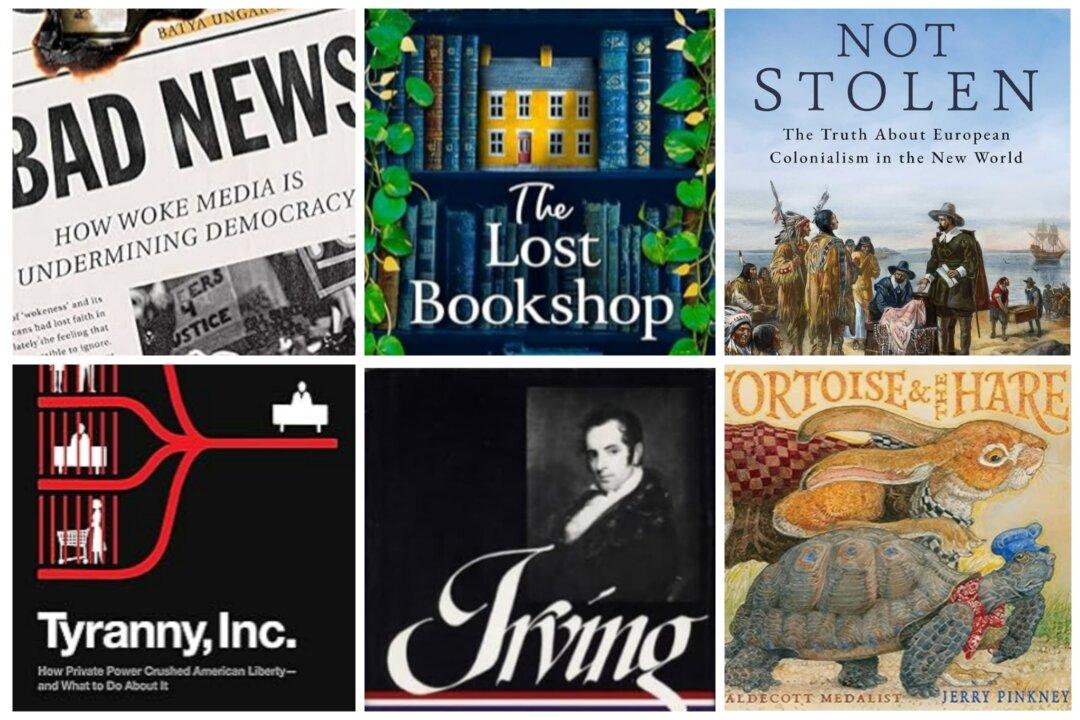When I was a college student decades ago at the University of Washington in Seattle, I majored in communications, specifically editorial journalism. Decades after that, I worked for several publications in the northern Virginia area as a reporter and editor. In retrospect, my beats were mundane compared to the globe-trotting escapades that author Deborah Cohen chronicles in “Last Call at the Hotel Imperial: The Reporters Who Took On a World at War.”
Most of their names were unfamiliar to me save perhaps for John Gunther, who authored “Death Be Not Proud” in 1949, a memoir about the decline and death of his son from a brain tumor.






